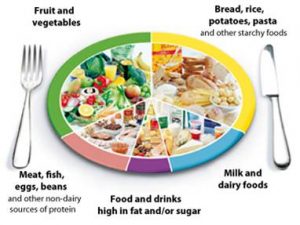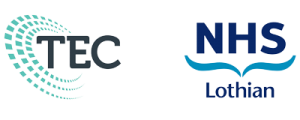Skills

Foods
As you probably know, eating disorders may involve “rules” about certain foods and/or food intake. Often, young people get stuck with what becomes “safe”. If this goes unchallenged, it can be difficult to shift later in recovery.
Typically eating disorder food choices could be:
- Specific food, brands or only one type of food group (e.g. fruit/vegetables). For example, apples may be chosen over bananas, which can often be avoided and should be something which may be reintroduced. That’s not to say give bananas at every snack but just be mindful of what is being missed and avoided. Such as only eating one type of cereal bar but not another flavour or brand.
- Low calorie cereal bars or “healthy” snack bars – whether avoiding higher calories or avoiding fats or sugar – can often be preferred over snacks previously eaten by your loved one such as biscuits, crisps, bread or baked goods.
- Wholemeal products – rice, pasta and bread. White products are perfectly normal and if this is not challenged it can reinforce eating disorder thinking.
- Fizzy low calorie drinks or herbal teas – can be used to curb hunger pangs, make someone feel full, assist with vomiting or to help keep warm when the body is starved.

- Soy, nut or oat milk – avoiding dairy is something that an eating disorder may also do due to the perceived negative qualities of dairy, such as fats. However, dairy has many benefits and is very important for people who are, or have been, in a starved stated.
- Foods that your loved one previously ate and enjoyed and is now avoiding – you may notice a specific snack or meals such as crisps or baked potato and cheese. It’s important not to avoid these foods but introduce them back into meals and snacks. However, these may have become specific “fear foods” for your loved one. Understanding what the “fear foods” are may support you when introducing them back into meals and snacks.
- Becoming vegetarian or vegan – while this can be healthy and a non eating disorder choice it can also be very restrictive and limit the types of food and food groups your loved one would eat. You need to decide if this is the choice of the eating disorder or of your loved one. What does your gut instinct say?
Sometimes thinking about when this started can be key e.g. is it a way for the eating disorder to cut out key food groups? If your loved one needs to regain weight can this be done successfully on a vegetarian or vegan diet (be mindful of the quantities of food that will need to consumed to support weight recovery)? As a parent or carer you may have to consider if your loved one is eating all the foods groups and would you be happy if they were on this diet for the rest of their lives? Often clinicians will ask you if being vegetarian or vegan predated eating disorder symptoms for at least a year which helps to determine if this was an eating disorder choice. If a person needs to regain weight, generally, a vegan diet would not be recommended.
